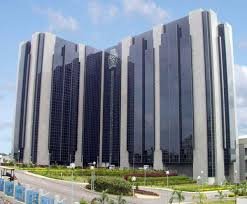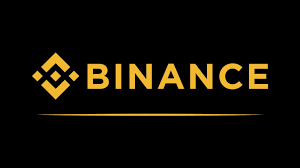Nigerian manufacturing associations have called on the Central Bank of Nigeria (CBN) to reassess its approach to combating inflation, warning that rising interest rates are threatening economic stability.
The Manufacturers Association of Nigeria (MAN) and the Lagos Chamber of Commerce and Industry (LCCI) expressed deep concerns over the CBN’s continued increases to the Monetary Policy Rate (MPR) in separate statements released on Wednesday.
Despite a significant 1,475 basis point hike in the MPR from 11.5% in May 2022 to 26.25% in May 2024, inflation has remained stubbornly high, reaching 34.19% in June – the highest level since March 1996.
MAN Director General Segun Ajayi-Kadir warned that the elevated MPR would further “constrain the growth of the manufacturing sector, as the purchasing power of consumers, production levels, competitiveness and sales will face further decline.”
Ajayi-Kadir stated,”The manufacturing sector in Nigeria plays a vital role in the country’s economy. However, it is facing multitude of challenges that threaten its sustainability and contribution to economic growth.”
He added, “The continued increase in the cost of borrowing, which is one of our major challenges, will escalate production costs and consequently the prices of finished goods, with consequential effect on unemployment and social instability and further compound the prevailing low consumer demand, capacity utilisation and profitability.”
The MAN chief emphasized that high borrowing costs would stifle business investment and innovation while hindering the sector’s ability to compete in regional and global markets.
LCCI Director General Dr. Chinyere Almona echoed these sentiments, stating, “The LCCI acknowledges the CBN’s efforts to control inflation and stabilise the economy. However, we are deeply concerned about the broader implications of this rate hike on the business community and the overall economic landscape.”
Both organizations proposed alternative strategies for tackling inflation. MAN recommended that the CBN conduct a comprehensive assessment of previous monetary policy decisions and their impact on inflation and the productive sector. They also urged the government to expedite the disbursement of special provisions earmarked for the manufacturing sector, including a N75 billion single-digit loan approved by President Bola Tinubu.
The LCCI suggested diversifying the approach to inflation control beyond interest rate hikes. Dr. Almona proposed “policies that directly address supply-side constraints, such as improving agricultural productivity and stabilising energy prices” to more effectively reduce inflationary pressures.
“Increased investment in infrastructure can alleviate production bottlenecks and reduce business costs. This will enhance productivity and competitiveness, helping to tame inflation from the supply side,” she added.
As manufacturing associations push for policy recalibration, global ratings agency Moody’s reported that eight of the nine Nigerian banks under its ratings posted aggregate pre-tax profits of over N3.5 trillion in 2023, compared to N1.1 trillion in 2022. Moody’s estimated that over a third of these profits came from foreign currency revaluation and trading gains.
The agency cautioned that the recently introduced windfall levy on banks’ foreign exchange revaluation gains could negatively impact the sector, particularly for institutions with capital adequacy ratios close to regulatory thresholds.


























